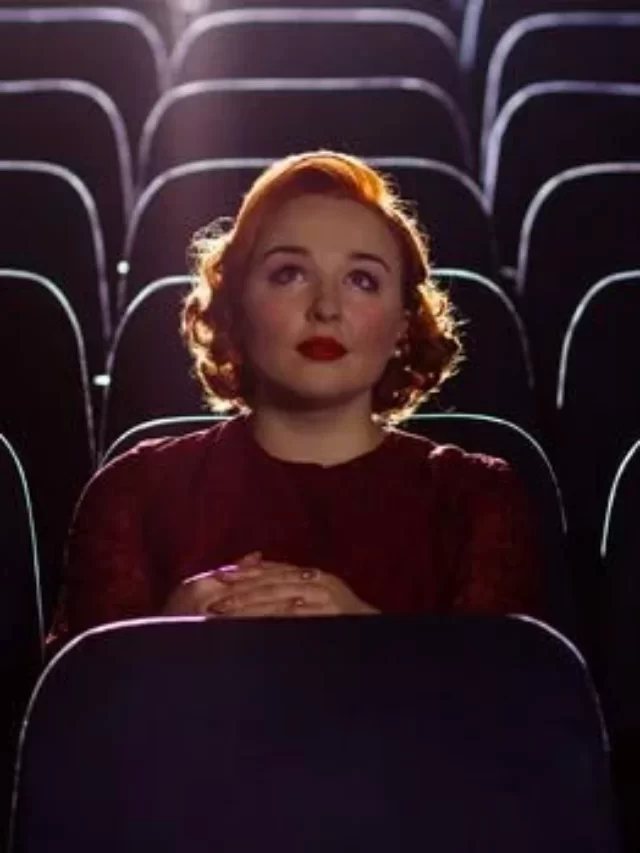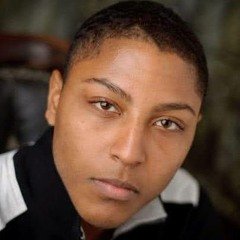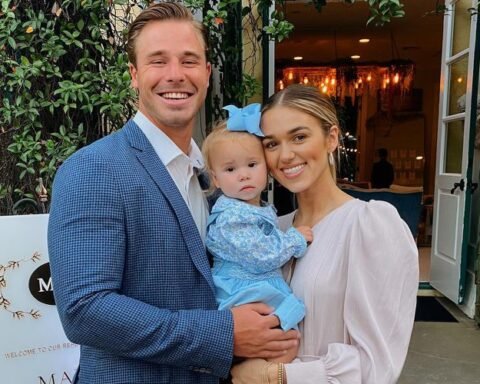Key points:
- Native Australian entertainer is most popular for his jobs in movies like Walkabout, Crocodile Dundee and Rabbit-Proof Fence.
As the British producer, Nicolas Roeg was scouring Arnhem Land, in Australia’s Northern Territory, looking for an Indigenous Australian man to star in Walkabout (1971), he risked upon the 16-year-old formal artist David Gulpilil. At the point when asked his name, the teen reacted with the main English word he knew: “Yes.” Looking back on the film in 2015, he said: “I thought I would have been John Wayne.”
Gulpilil, who has kicked the bucket of disease matured 68, was a more indistinct and puzzling presence. As though Roeg’s divided, free-acquainted narrating was not alarming enough, Gulpilil’s presentation was a shock to the framework for some watchers.

As the tracker who becomes friends with a teen (Jenny Agutter) and her young sibling (played by Roeg’s child Luc) when they are abandoned in the outback after their dad’s self-destruction, he typified a pristine naturalism unmistakable from whatever else in screen acting at that point. Companions met in the 2002 TV narrative Gulpilil: One Red Blood demanded he was not imagining, and that he was playing his scenes, for example, the incredible love dance he performs for Agutter, with unguarded earnestness.
Regardless of talking no English in the film, Gulpilil passed on importance unhindered to crowds who might doubtlessly never have experienced anybody like him before on film. (Depictions of Indigenous Australian characters in the film of the time, for example, the 1967 show Journey Out of Darkness, were by entertainers of different identities.) This isn’t to say that he fundamentally comprehended this questionable, graceful film. Asked by a youthful fan for what valid reason his person draped himself toward the end, he said: “I want to know, as well!”



















